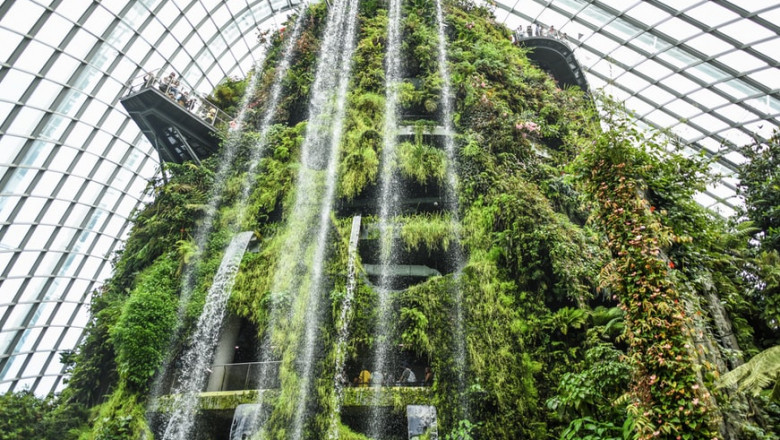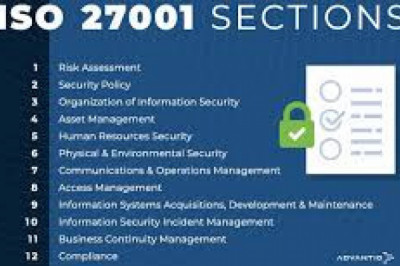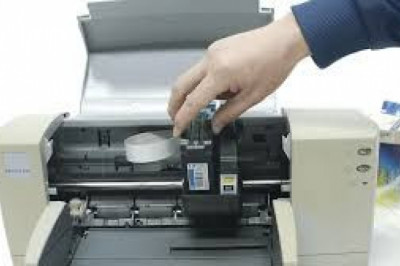views

The building and the construction sectors globally account for nearly 40% of energy-related emissions and more so in the UAE. Owing to this, the UAE is focusing on retrofitting and net-zero carbon buildings to lower emissions. The country has committed to Paris Agreement to reduce GHG emissions. Additionally, UAE Green Agenda 2015-2030, UAE Vision 2021, and UAE Energy Strategy 2050 initiatives are also expected to help reduce carbon emissions in the country.
Also, in 2019, the government pledged to the Zero Carbon Buildings for All initiative, a global initiative commenced by the World Resources Institute (WRI) and endorsed by the UN Secretary-General. The UAE government is working on a creating roadmap to achieve net-zero carbon buildings by 2050.
In the GCC countries, one of the key trends focuses on sustainability which is supported by Dubai holding number three position among the list of global cities with the highest number of green-certified buildings as per the Sustainability and Wellness in Dubai report. The city reported over 550 projects under Leadership in Energy and Environmental Design (LEED) certification.
Emirates Green Building Council (EmiratesGBC) encourages green building practices in the UAE along with the Dubai Chamber of Commerce and Industry (Dubai Chamber) and also raises awareness regarding the advantages of building retrofit.
To improve sustainability levels for new constructions, the adoption of international green building certifications has been on the rise. Some of the certifications and regulations adopted in the country include Barjeel Green Building Regulation (2019), Dubai Green Building Regulations and Specifications (2011), Al Safat Rating System in Dubai, Estidama Pearl Rating System (2010) in Abu Dhabi. Due to such regulations in place, a domestic market for green building technologies and materials has developed, further improving awareness regarding green buildings.
As of April 2020, under Estidama Pearl Rating System, around 2,457 buildings and 21,659 villas received a design rating, and 461 buildings, 9,972 villas received a construction rating. Moreover, under the Dubai Green Building Regulations and Specifications, 19,046 buildings and 15,532 villas were completed.
As of April 2020, about 386 projects with 5.9 million sq m built-up area were LEED certified in the UAE. Moreover, nearly 4,000 sq m built-up area is WELL certified, a global rating system that rates buildings based on their effect on well-being and human health.
As part of the retrofit program, Dubai has retrofitted 1,241 buildings and 6,658 villas, while Sharjah and Ras Al Khaimah (RAK) have retrofitted 18 buildings, and 16 villas, respectively, as of April 2020.
Further, Al Sa’fat – Dubai Green Building System replaced Dubai Green Building Regulations and Specifications in October 2020. To obtain the Silver Sa’fa, all new buildings must meet a set of mandatory requirements included in Al Sa’fat. To achieve higher performance Golden or Platinum Sa’fa, owners can apply for an additional set of requirements.












